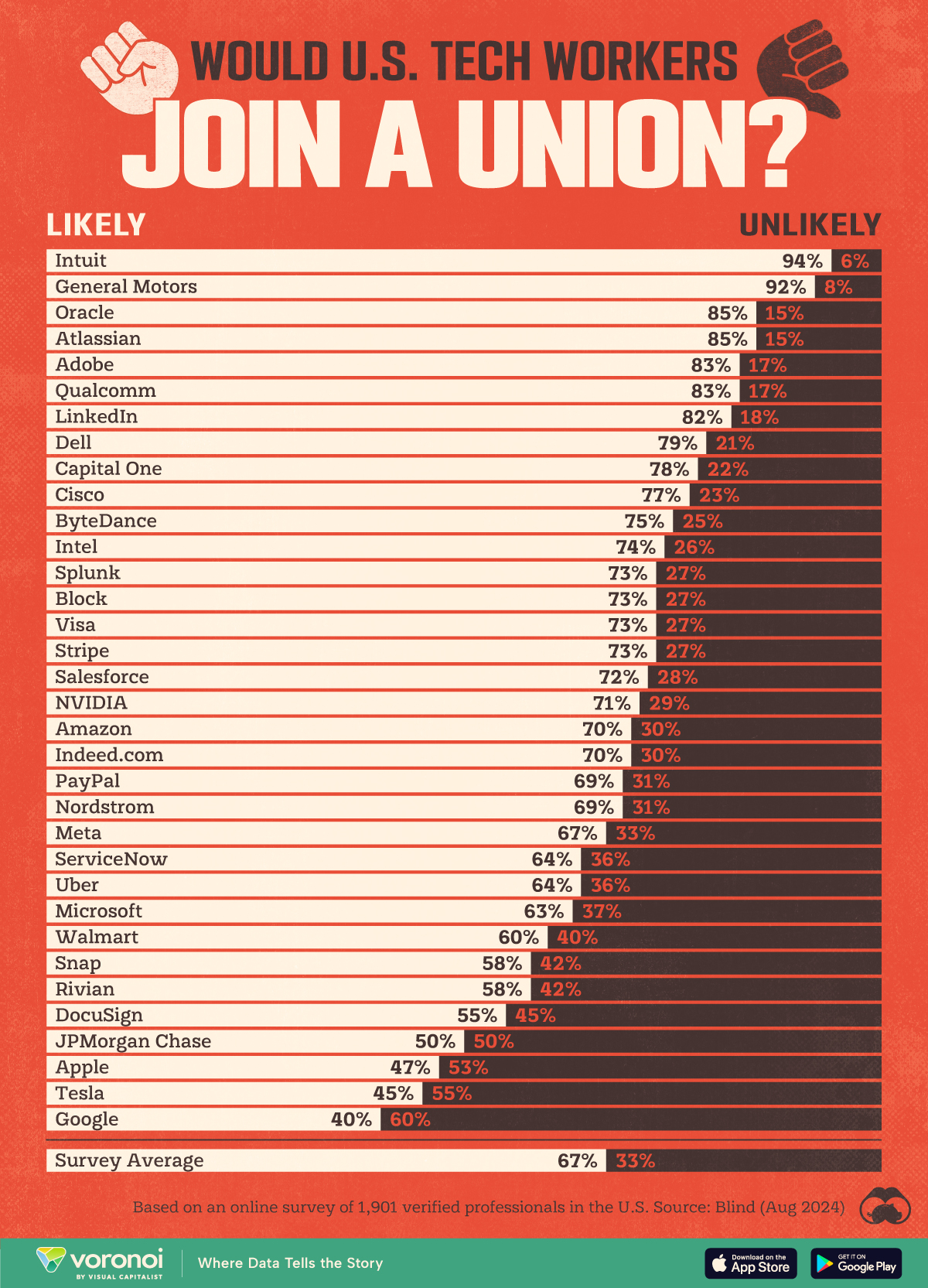this post was submitted on 01 Oct 2024
794 points (98.3% liked)
Technology
62027 readers
4889 users here now
This is a most excellent place for technology news and articles.
Our Rules
- Follow the lemmy.world rules.
- Only tech related content.
- Be excellent to each other!
- Mod approved content bots can post up to 10 articles per day.
- Threads asking for personal tech support may be deleted.
- Politics threads may be removed.
- No memes allowed as posts, OK to post as comments.
- Only approved bots from the list below, to ask if your bot can be added please contact us.
- Check for duplicates before posting, duplicates may be removed
- Accounts 7 days and younger will have their posts automatically removed.
Approved Bots
founded 2 years ago
MODERATORS
you are viewing a single comment's thread
view the rest of the comments
view the rest of the comments

These are not the only options. Here are some others:
Something's telling me most orgs where 2 is an option would go with that. Related to that - increases in labor compensation is what forces companies to spend money on capital investment that increases productivity - read new equipment, automation, fixing broken shit, etc. If there are cheap enough slaves to wake up during the night, doing this investment is "low priority" (more expensive) and isn't done.